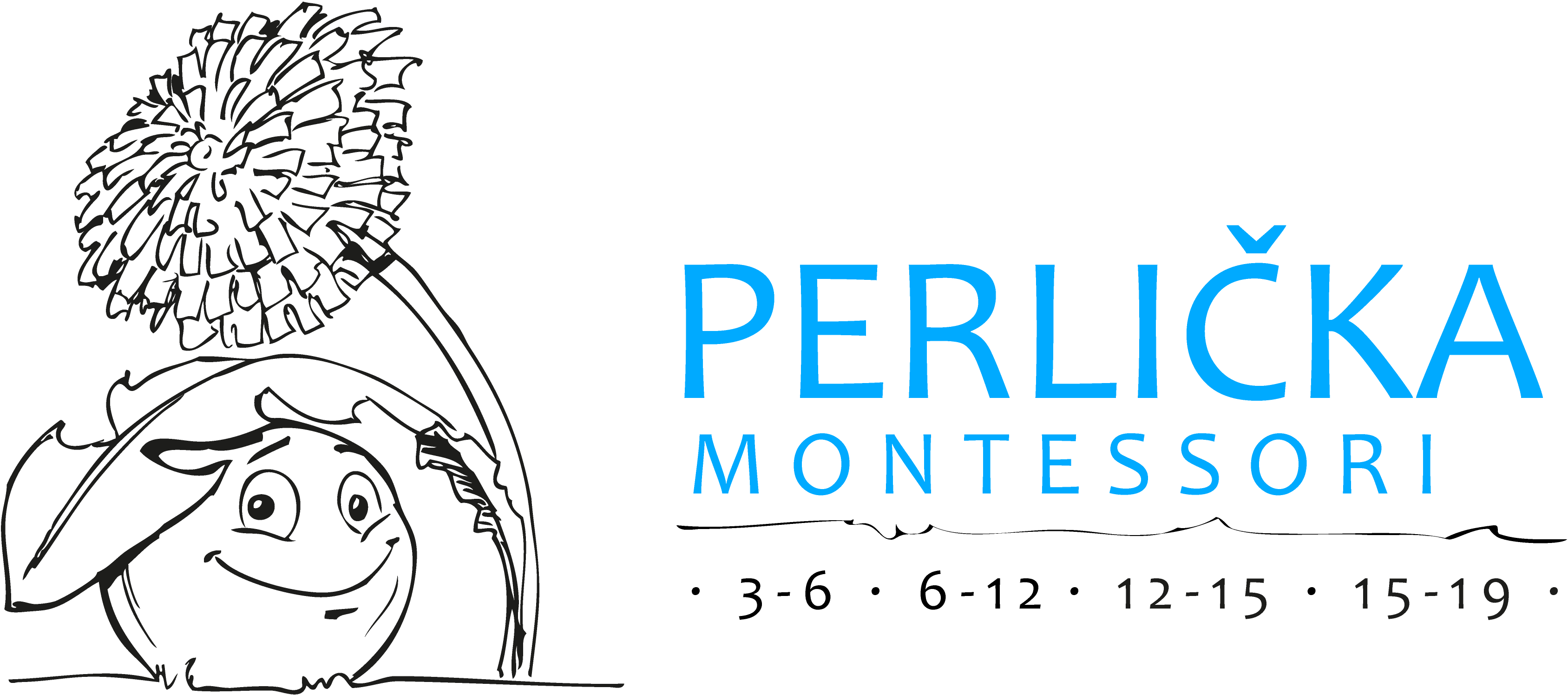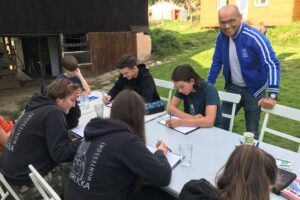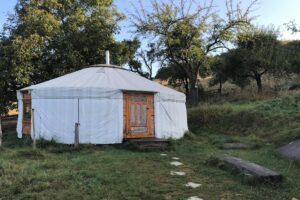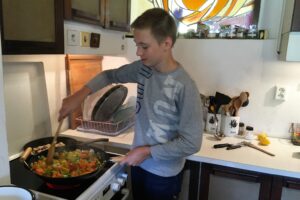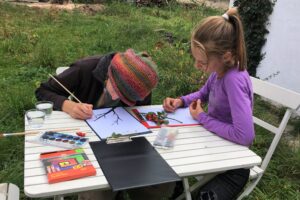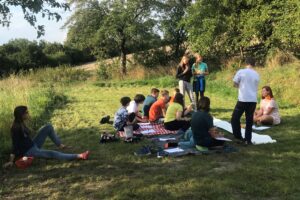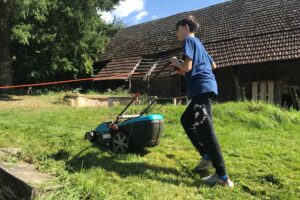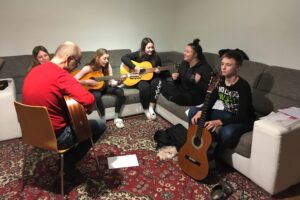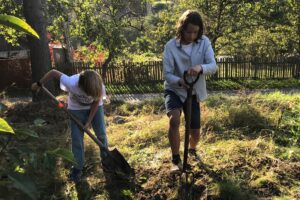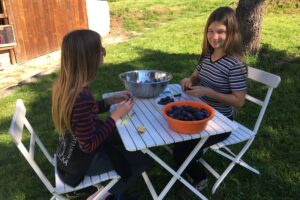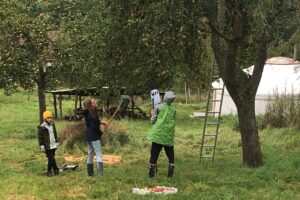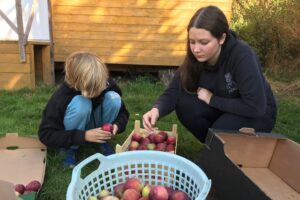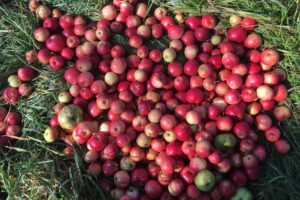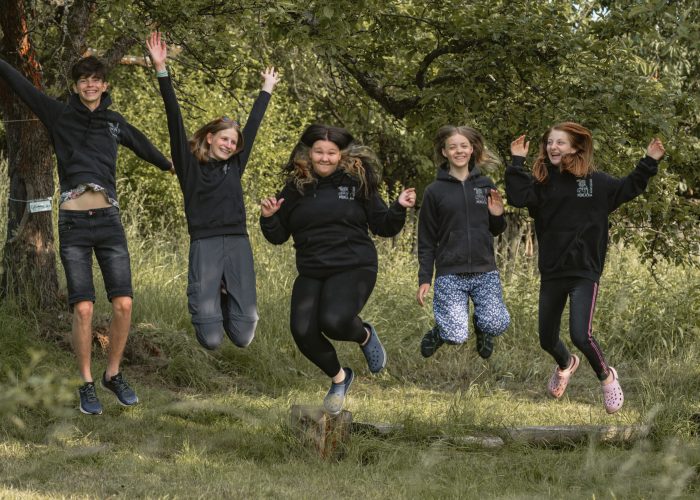
The adolescent class (grades 7 – 9 of a standard grade school) follows after the preceding two sets of three-year classes – the Lower Elementary and the Upper Elementary – but with entirely new tools.
After the children turn twelve, they become adolescents, entering an age of physical maturation, emotional storms and adult formation. This age is characterized by a search for one’s personality, for one’s social group and by interest in financial independence. In regular schools, they usually also demonstrate a reduced interest in academic activities.
For the ages 12-18, Maria Montessori designed a safe environment of a country farm, where students live and work and learn together with their guides.
The farm is a place where students can advance their developmental needs and, at the same time, find the entire curriculum of the second level of a grade school (an equivalent to the middle school or junior high). Work on the farm provides an endless source of experiences, practical as well as social and academic.
The adolescent program in Perlička alternates between a week studying in Brno and a week living on the farm, in a rural setting in Křížovice near Doubravník. In Křížovice, students have a large garden at their disposal, with an orchard, a house, cottages with bedrooms and a yurt that serves also as a classroom. The students take care of the entire lot and the property themselves, they cook, buy groceries, plant vegetables, harvest and press apples into cider. They love doing this work because it perfectly responds to their developmental needs. Adult guides work shoulder to shoulder with the students, thus imparting skills, knowledge and work habits. During the week in Brno, the students have more academic activities.
HOW IT LOOKS HERE
WEEK ON THE FARM
WEEK IN BRNO
On Monday, we meet at the train station, travel by train/bus and walk from Černvír or Doubravník to Křížovice.
On Friday afternoon, we clean up the venue and after lunch, we walk to Doubravník to catch the train to go back home.
During the week at the school, the students have more time to spend on academic work: Math, Czech, English and Spanish lessons; they also have time to search for and work on their project they do at the farm. They are doing a lot: they make meal plans and shopping lists for the farm, they visit exhibits or go to a library, or they process or sell farm products.
DAY ON THE FARM
Work block:
During the work block, students either cook, clean, work on the land or the house (painting, construction, cutting wood, making products for sale, working on flower beds, building a composter…), or have lessons (biology, languages, guitar, art, sports. ..). They usually have two lessons a day, the rest of the time is spent working or cooking.
PRŮVODCI
| 7.45 | budíček služba |
| 8.00 | budíček ostatní |
| 8.30 | snídaně |
| 9.00 | dopolední pracovní blok |
| 12.00 | oběd |
| 13.00 | polední klid (1h) |
| 14.00 | odpolední pracovní blok |
| 16.00 | svačina |
| 16:30 | v zimě samostudium či lekce, v létě jakákoliv práce |
| 18.00 | večerní volno (1h) |
| 19.00 | večeře |
| 20.00 | večerní program (zpívání, film, konverzace v angličtině, deskové hry, umění, teambuilduing, lekce, ruční práce, ...) |
| 22.00 | večerka |
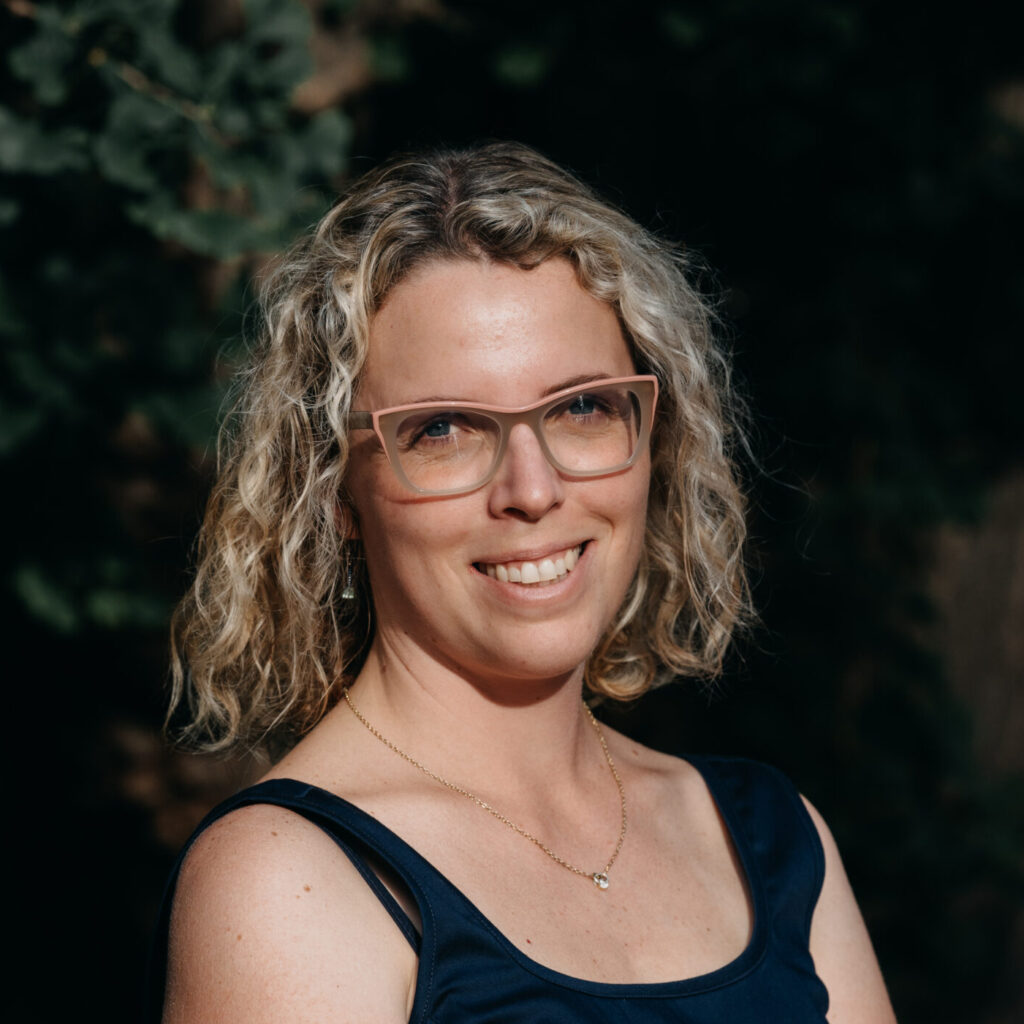
Helena Matoušková
hlavní průvodkyně
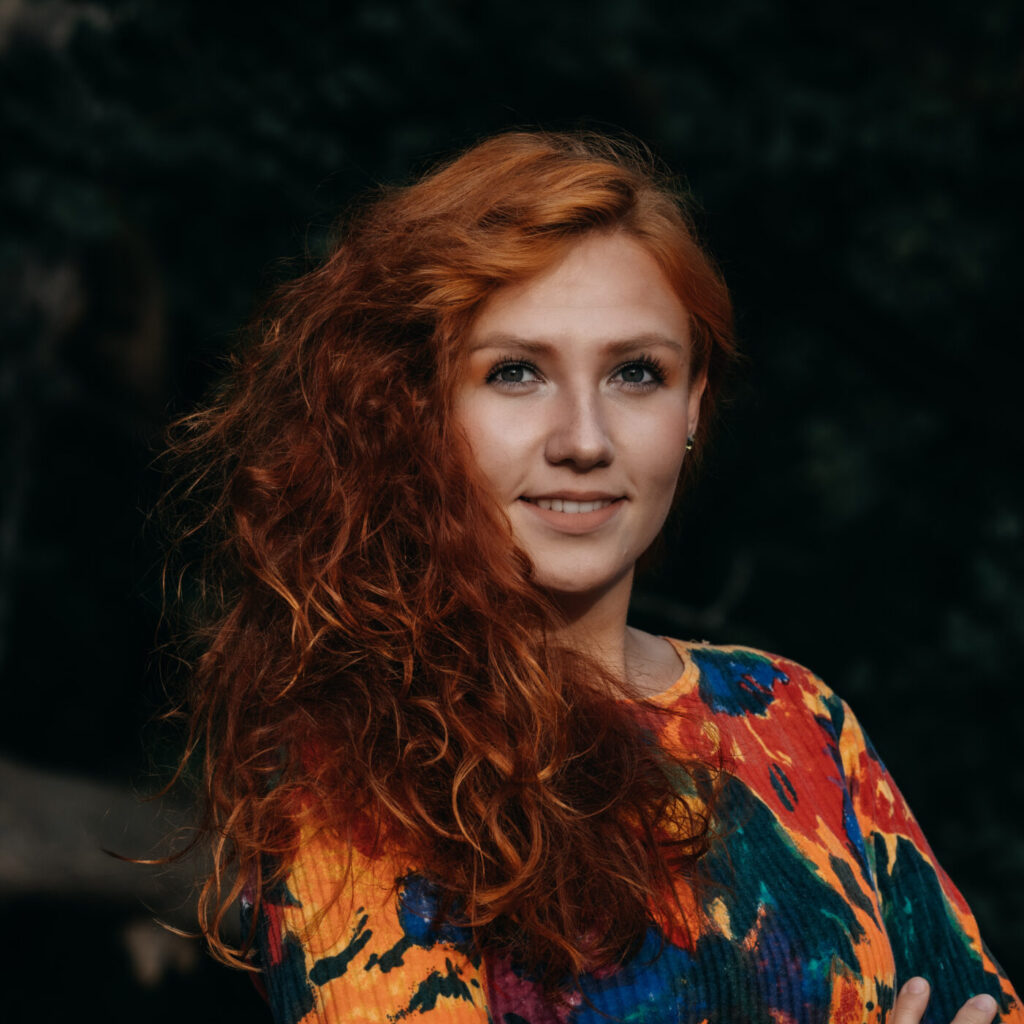
Michaela Vařbuchtová
průvodkyně
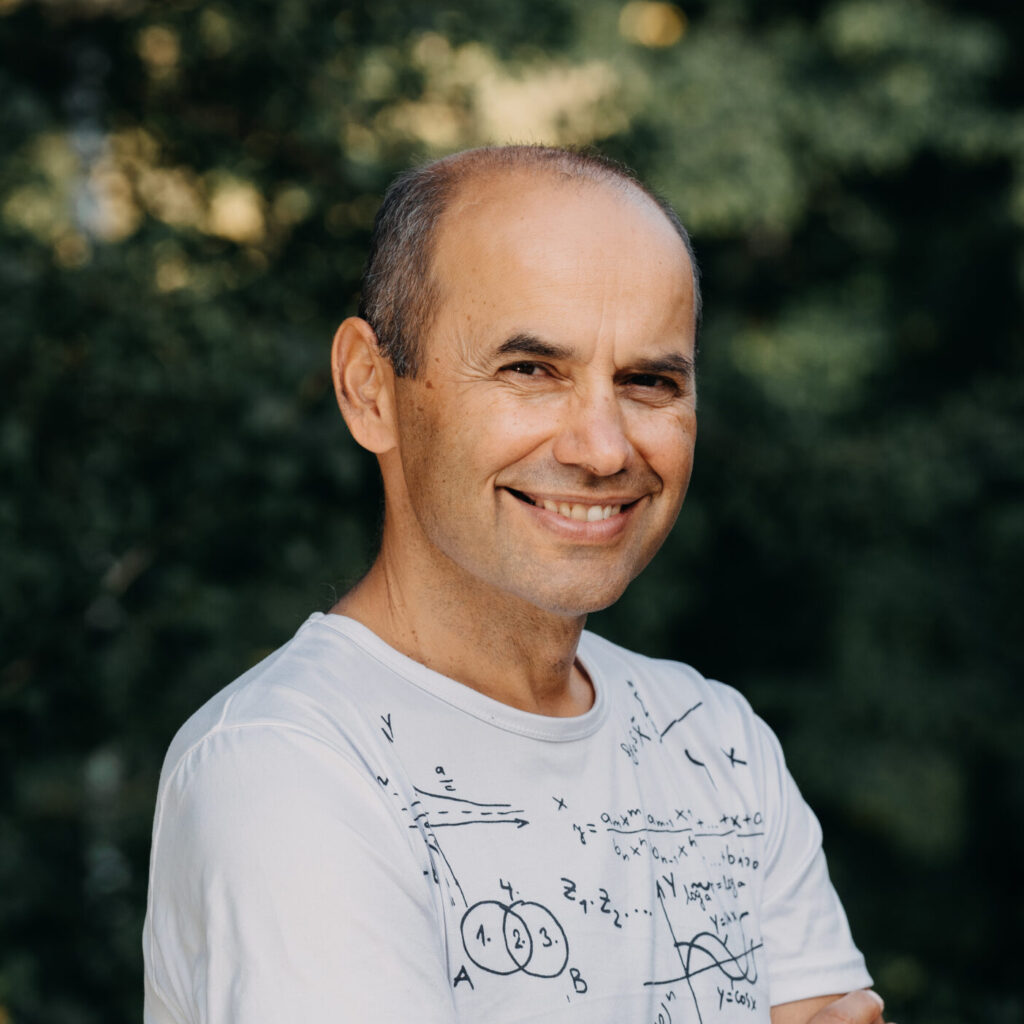
Pavlos Gurutidis
matematika, hudba
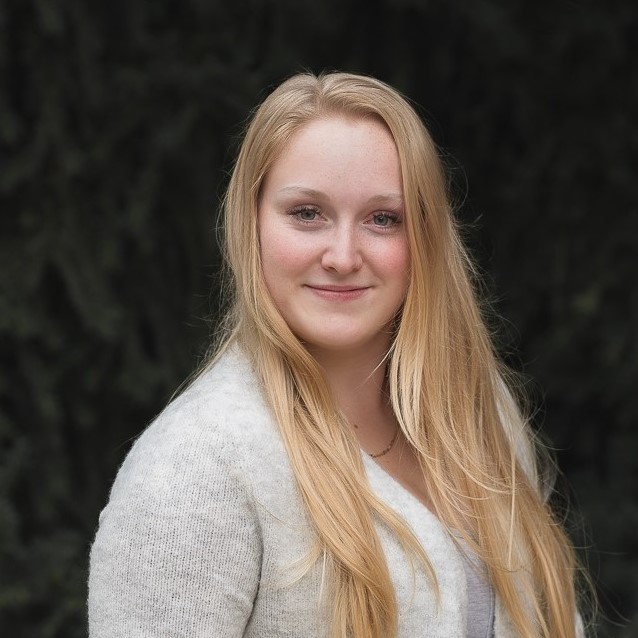
Eliška Lísková
přírodní vědy
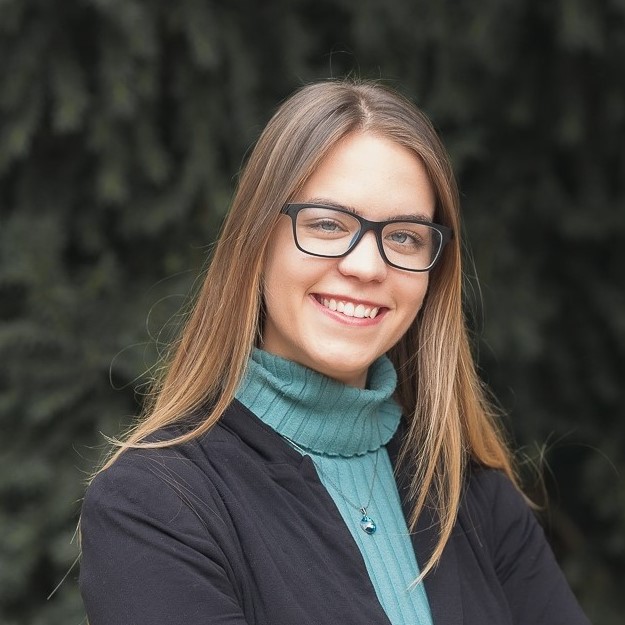
Barbora Šalamounová
přírodní vědy
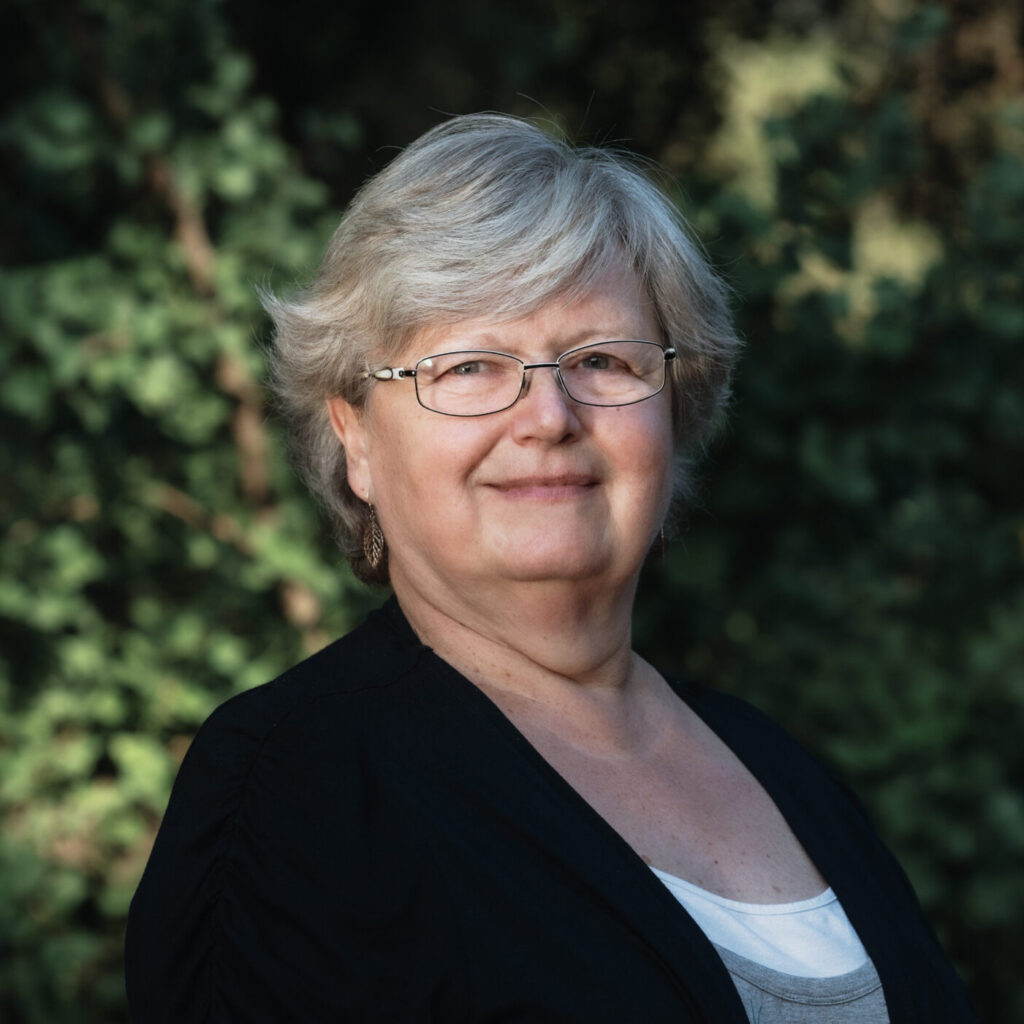
Libuška Kratochvílová
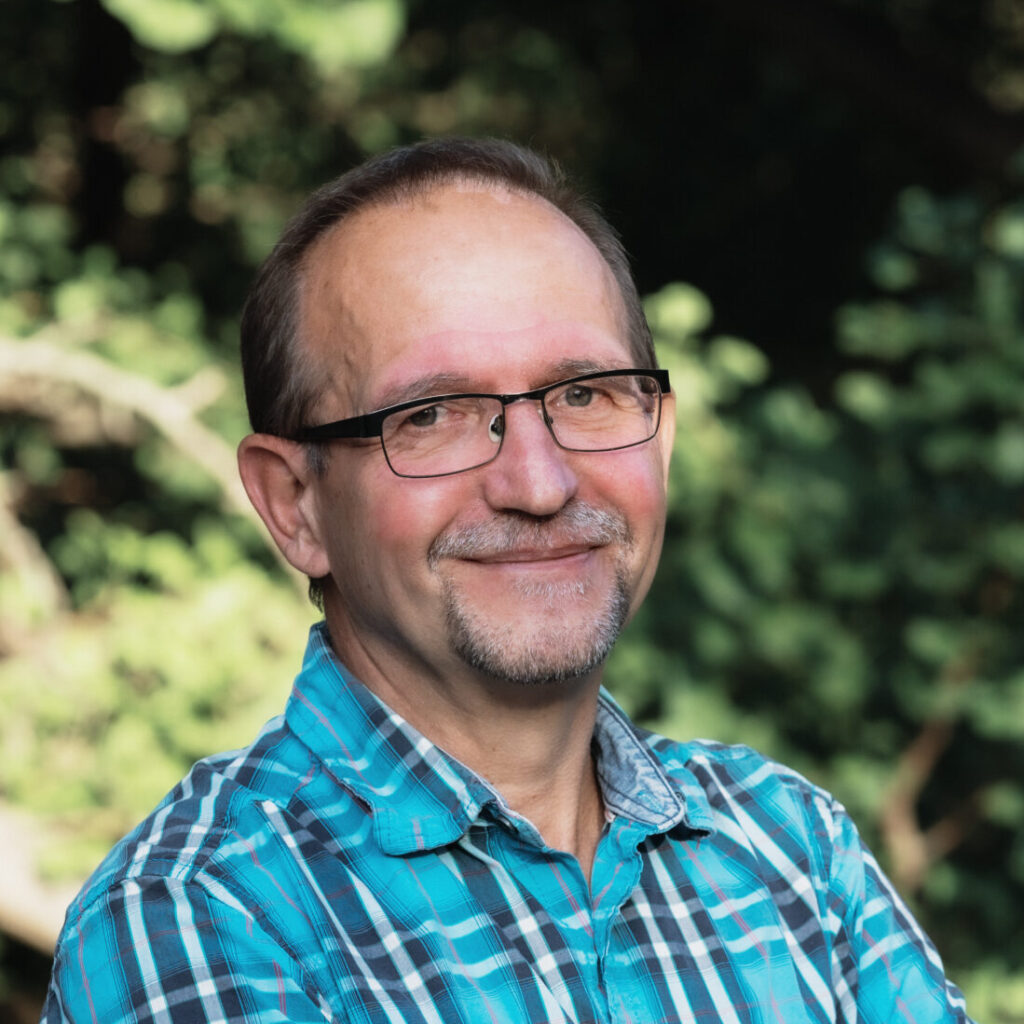
Luděk Kratochvíl
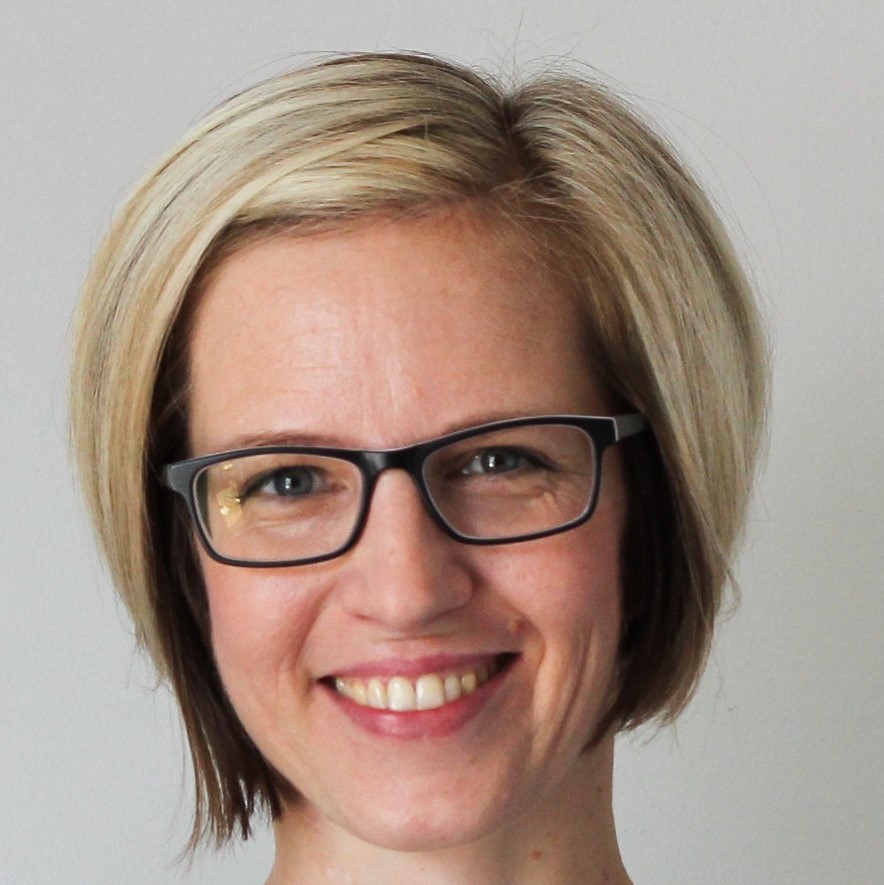
Pavla Marečková
německý jazyk

Pablo Lopez Mor
španělský jazyk
